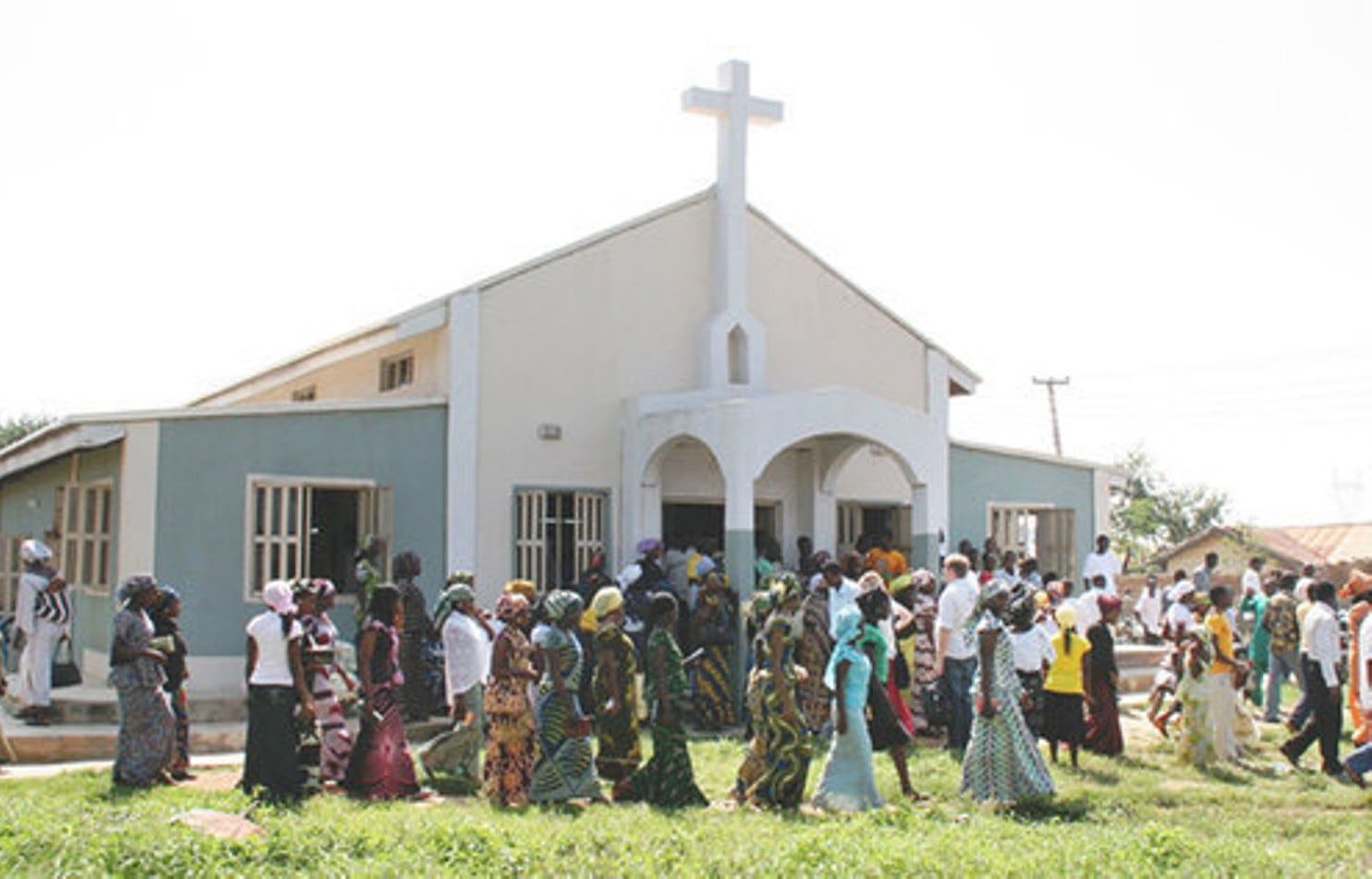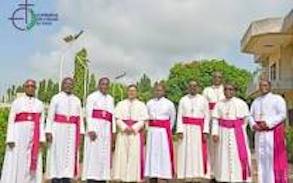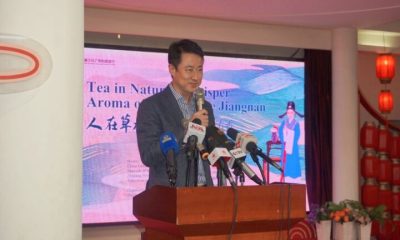Health
Menstrual Hygiene Solutions: Kaduna Girls Take Action
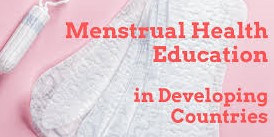
Menstrual hygiene solutions: Kaduna girls take action
Adolescent girls in Kaduna State, North-West Nigeria are currently behind the sale of over 15,000 packs of reusable menstrual hygiene products worth N3.5 million, in a scheme that has become not only a means of livelihood for communities, but has also improved quality of life for the users.
The difficulties girls go through to get sanitary pads can only be imagined, especially so in rural communities or slums.
One of such areas where this challenge manifests is Rigasa; is a densely populated urban slum in the south west of Igabi Local Government Area in Kaduna State.Mr Yusha’u Abubakar, Founder and Executive Director, Enhancing Communities Action for Peace and Better Health Initiative (E-CAPH), said the issue of sanitary pads was a challenge in the community because of poverty and lack of economic empowerment.
“When the United Nations Population Fund (UNFPA) called for an application for a project to support adolescent girls and boys, we decided to apply with focus on this area because it is a challenge.
“We sent our proposal and UNFPA found it worthy and supported us to train young girls in our community.”
He said 200 girls were trained on making reusable sanitary pads, adding that the initiative has improved school attendance of girls in the community as well as taken care of their menstruation hygiene challenges.
Impact of the training on the girls
Fatima Abdullahi, 18, is one those trained by E- CAPH and described the experience as overwhelming because she now produces it for her personal use and for trade.
“I was used to begging for money to buy pads or forced to use other materials in spite of its discomfort for my period. Now I help myself and others with my trade,” she said.
Similarly, Asma’u Mohammed, 18, said she was happy for the acquired skill that has made her self-reliant.
“With this, I don’t have to ask my parents for everything I need, because I can now earn little money by making sanitary pads for my peers.”
Sanitary pad boosting economic empowerment of the community
Albabatu Musa, Manager and Coordinator, E-CAPH Skills Acquisition Centre, said the accessibility of the reusable pad has made it a preferred choice for most girls in the Rigasa community.
“The reusable pad is made up of cotton-based materials because of its absorbable nature and easy access in the market.
“So far, 15,000 packs of three pieces each, have been produced at the centre and sold for N3.5 million to a client in Borno State.
“At the open market, a pack is sold for N500 and for every pack, there is a gain (profit) of N150. The product is in high demand,” she said.
Musa said the pad was highly profitable and cost effective because it can be used for a minimum of 3 months and a maximum of 6 months.
“A pack of three go for N500 with a profit margin of N150. The trained adolescents were currently making the reusable pad for their personal use and sales.”
Support by the UNFPA in the Rigasa pad project
Ms Mariana Darboe, the Programme Coordinator and Head of Office, UNFPA Decentralised Office for Northern Nigeria, said the reusable sanitary pad project was part of the livelihood support training as a COVID-19 response to alleviate poverty in communities.
She said the project was supported by the funds Risk Communication and Community Engagement (RCCE) project under the UN Basket Fund support for COVID-19 response in Nigeria.
Darboe added that the RCCE initiative was to curb the risk and impact of gender-based violence and interconnecting sexual and reproductive health consequences.
A mother’s burden lifted
A mother of four, Sadiya Ibrahim, said the reusable sanitary pad had reduced her stress “because most times during their menstrual period I am helpless to help my four girls with the needed money to buy sanitary pads.
“Sometimes they feel uncomfortable saying that they are on their period, so they just use available pieces of clothes to help themselves.
“Whenever they use clothes, they spend most of their time in the room because it makes them uncomfortable.”
How we got the buy-in of the communities considering the religious and cultural challenges
In most communities in northern Nigeria, talking about reproductive health issues among women and young girls is considered a no-go area. E-CAPH executive director Abubakar said the initiative surmounted this major limitation and got the buy-in of the community through advocacy.
“We were able to make people understand what sexual and reproductive health issues are all about and the need for parents to talk to their children about sexual reproductive health issues.
“The religious and community leaders provided the platform for us to talk to young girls in Islamiyah schools, women groups gathered their children and invited us to talk to them.
“This strategy helped in increasing the acceptance of talking about the issues in communities where it is hitherto difficult to do so.”
How the girls monthly dilemma turns to joy
Some users of the sanitary pads narrated their experiences on how it changed their monthly dilemma to joy.
Kadijah Salis, 17: “I use pieces of clothes due to lack of money to buy a pad. Sometimes I am forced to stay at home to avoid embarrassment in school because most times the clothes leak and stain our uniforms.
“The reusable pad is the best thing that has happened to some of us from poor households.
Sadiya Aliyu, 18, said she only got to hear of the reusable pad recently, adding that it is “better because I can use it for six months and it is very comfortable. I only need two for a whole year”.
The way forward for menstruation hygiene in Rigasa
The Founder and Executive Director of E-CAPH said that the initiative was able to overcome the challenges of non-acceptance by the community that was religiously inclined not to discuss matter relating to women and especially women monthly menstrual cycle.
This, he said, was due to the various trainings personnel of his organisation went through.
From these training “we were able to understand the role of religious leaders, community leaders, women and youth groups in advocating for reproductive health and family planning.
“There was equally a book produced by NUHRI on religious (Islamic and Christian) perspectives to family planning.
“We used the book in partnership with religious leaders and women groups to advocate for the acceptance of the family planning and reproductive health issues in communities.
“We were able to help them understand more about sexual and reproductive health issues. This led to the acceptance by parents to talk to their children and wards about sexual reproductive health issues.
Abubakar said that with the achievement so far recorded in helping the girls to better manage their menstrual hygiene, development partners, state government and local government areas should support the initiative to increase access by the poor and vulnerable adolescent girls in urban and rural areas.(NAN)
Health
Stakeholders Call for Better Menstrual Hygiene To Boost Health
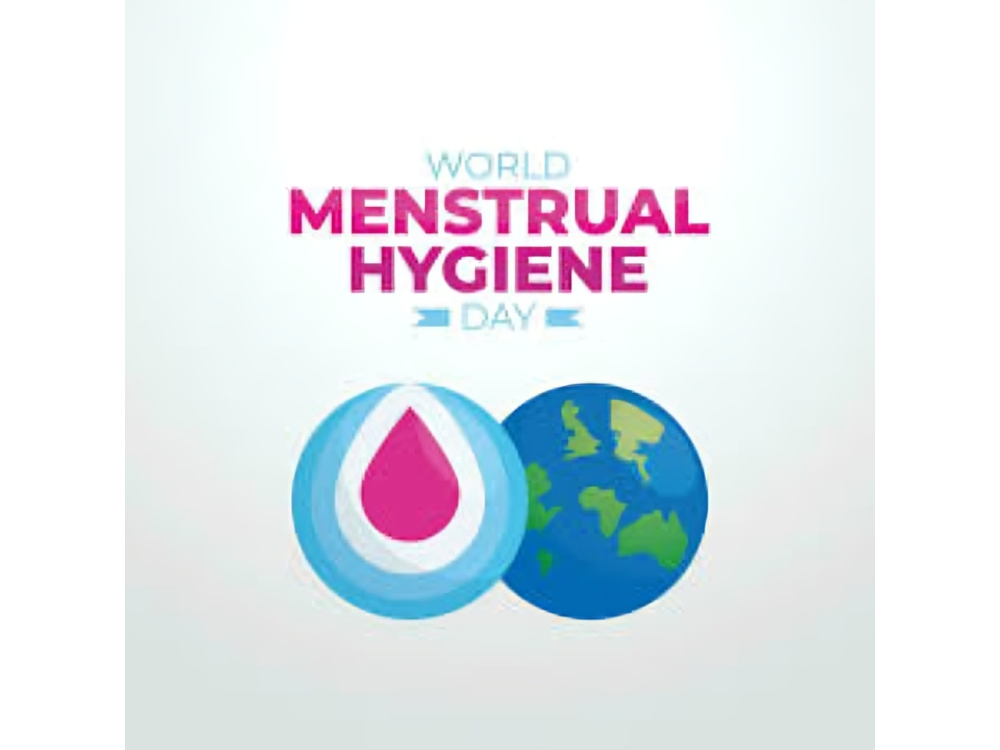
Stakeholders have stressed the need for increased awareness and improved practices around menstrual hygiene, particularly to support better health outcomes and dignity for girls in underserved communities.
They made the call on Wednesday in Abuja ahead of the 2025 Menstrual Hygiene Day, commemorated globally every May 28 to address inequalities in menstrual health and hygiene.
The event was organised by Tabitha Cumi Foundation (TCF) under its Always Keeping Girls in School (AKGIS) project, with support from Charities Aid Foundation (CAF America).
Mrs Tayo Erinle, Executive Director of TCF, said menstrual hygiene remained a critical yet often overlooked aspect of reproductive health, especially among adolescent girls.
“Many girls live in households where no one provides sanitary pads or pays attention to that part of their lives.
“It happens monthly, and every girl deserves dignity and support,” she said.
Erinle added that more than 1,600 marginalised girls across 32 junior secondary schools in the FCT, Lagos, and Benue states were empowered through puberty education and menstrual hygiene management under the AKGIS project.
She said beneficiaries also received a one-year supply of Always sanitary pads and emergency kits.
“The project has boosted the girls’ confidence.
“Menstruation was once shrouded in secrecy, stigma, and confusion for many. Now, with access to correct information and education, they feel empowered,” she added.
Dr Adedolapo Fasawe, Mandate Secretary for the Health Services and Environment Secretariat, emphasised the importance of educating youths on reproductive health.
Represented by Dr Ruqayya Wamakko, Executive Secretary of the FCT Primary Health Care Board, she called for more sensitisation efforts to encourage young people to use health services in primary health centres.
“We give health talks, visit schools, form school clubs, and teach students how to care for themselves, maintain personal and menstrual hygiene, and stay safe,” she noted.
Mrs Nwakonye Onyirechi, Assistant Chief Investigative Officer in the Women and Children Department of the National Human Rights Commission (NHRC), reiterated the commission’s commitment to protecting the rights of the girl child.
“We go to schools to sensitise girls to their rights and encourage them to speak up when their rights are violated,” she said.
Dr Safiya Tamanuwa, Deputy Director of the Placement and Gender Unit at the Universal Basic Education Commission (UBEC), commended TCF for its support toward improving the health and well-being of schoolgirls.
Highlights of the event included the distribution of sanitary pads and kits, a literary presentation, and expert-led health talks.(NAN)
Health
Group urges Nigerians to embrace healthy habits to prevent diseases

The Society of Lifestyle Medicine of Nigeria (SOLONg) has advised Nigerians to embrace healthy preventive lifestyle habits to prevent the root causes of chronic and lifestyle-related diseases.
The President of SOLONg, Dr Moyosore Makinde, gave the advice in an interview in commemoration of the “Global Lifestyle Medicine Week” on Tuesday in Lagos.
NAN reports that the Global Lifestyle Medicine Week, taking place from May 18 to May 24, 2025, has the theme “Celebrating Healthy Habits: Inspire Change with D.
R.E.A.M.S.”Makinde, also an International Board-certified Lifestyle Medicine Physician, said the week was dedicated to raising awareness about the transformative power of lifestyle medicine in improving health outcomes and reducing the burden of chronic diseases worldwide.
According to her, lifestyle medicine empowers people to live healthier, happier and longer lives.
She explained that the D.R.E.A.M.S. acronym highlighted the six key pillars of lifestyle medicine that guide individuals toward healthier lives namely: Predominantly plant-based Diets, positive Relationships or social connections, Exercise, Avoidance of toxic substances, Mental wellness and stress management, and restorative Sleep.
She said that these pillars had been proven by scientific research to not only manage and prevent chronic diseases like coronary heart disease, diabetes, dementia and Alzheimer’s but also to promote a more sustainable and harmonious relationship with ourselves and with our planet.
Makinde added that it contributed to planetary health and the stability of our ecosystem.
“SOLONg is proud to announce its participation in Global Lifestyle Medicine Week, taking place from May 18 to May 24, 2025.
“Scientific studies, including numerous randomised clinical trials and longitudinal studies, have consistently shown the remarkable benefits of lifestyle interventions in reducing the incidence of chronic conditions.
“Additionally, these healthy habits play a pivotal role in strengthening resilience against infectious diseases.
“The ongoing impact of several pandemics has underscored the importance of adopting healthy behaviours, as poor lifestyle choices have been associated with worse disease severity and slower recovery times,” she said.
Contributing, the General Secretary of SOLONg, Dr Chika Anozie, said that Global Lifestyle Medicine Week aimed to foster a community of like-minded individuals and healthcare professionals committed to lifestyle medicine.
Anozie, also a Family Physician, said that SOLONg would organise various activities to mark the week, including a Webinars and educational workshops on lifestyle medicine topics.
She added that there would be courtesy visits and community outreach programmes promoting healthy habits, as well as social media campaigns sharing lifestyle medicine tips and resources.
“As we observe Global Lifestyle Medicine Week, it is clear that the need for Lifestyle Medicine is greater than ever.
“This is a clarion call for the government to create policies that promote healthy lifestyle practices while restricting behaviours that contribute to disease.
“We urge medical institutions to prioritise the accreditation of Lifestyle Medicine programs at both undergraduate and postgraduate levels.
“It is equally important that health professionals receive the proper training to effectively communicate these life-saving messages to the public.
“The Society encourages individuals to embrace the principles of healthy living, which are not only lifechanging but also long-lasting,” she said.(NAN)
Health
NAFDAC Clarifies Sachet Alcohol Ban Timeline

The National Agency for Food and Drug Administration and Control (NAFDAC) has clarified its stance regarding the nationwide ban on sachet alcohol.
Mr Kenneth Azikiwe, Director of the FCT Directorate of the agency, in an interview on Monday in Abuja that the temporary lifting of the ban was only valid until Dec.
31, 2025.He emphasised that the recent ministerial lifting of the ban was not permanent and urged the public to disregard misinformation suggesting that the government had permanently lifted the restriction.
“There is a ministerial lifting on the ban of sachet alcohol, but it is only temporary and will be reviewed by Dec. 31, 2025.
“After this date, the full enforcement of the ban will commence.
“The minister granted this temporary relief to allow manufacturers and regulators time to collaborate and ensure a more structured and effective implementation of the ban,” Azikiwe stated.”
He highlighted NAFDAC’s ongoing efforts to sensitise the public across the country, noting that awareness campaigns had reached every state.
“We have sensitised distributors, and we’ve emphasised that alcohol should not be sold to individuals under the age of 18, which is also clearly indicated on product labels,” he added.
Azikiwe also commended the Distillers and Beverages Association of Nigeria (DIBAN) for supporting the awareness drive.
He reassured the public that NAFDAC remained fully committed to regulating alcohol consumption and reiterated that sachet alcohol products containing less than 200 milliliters would be phased out after Dec. 2025.(NAN)







